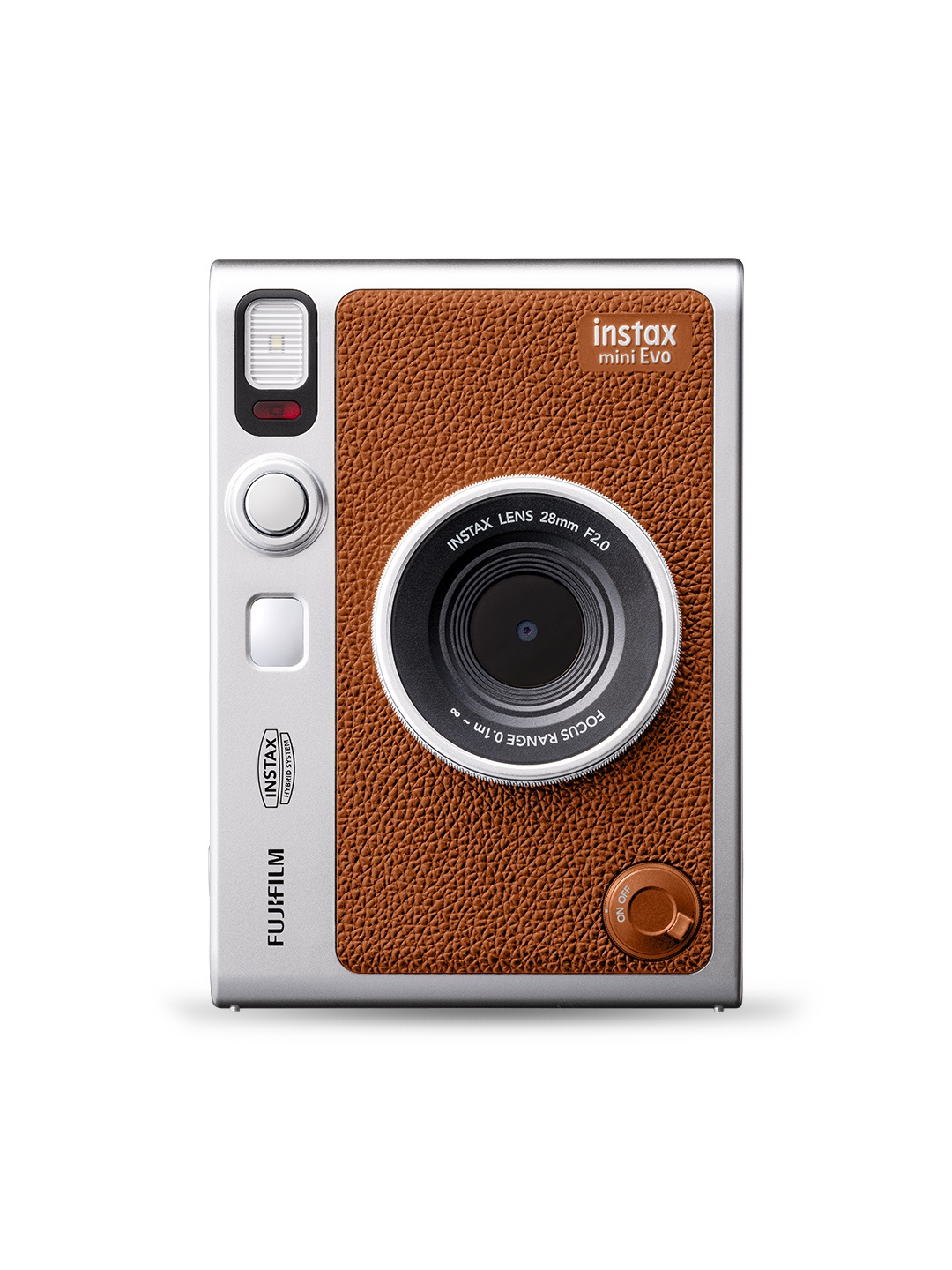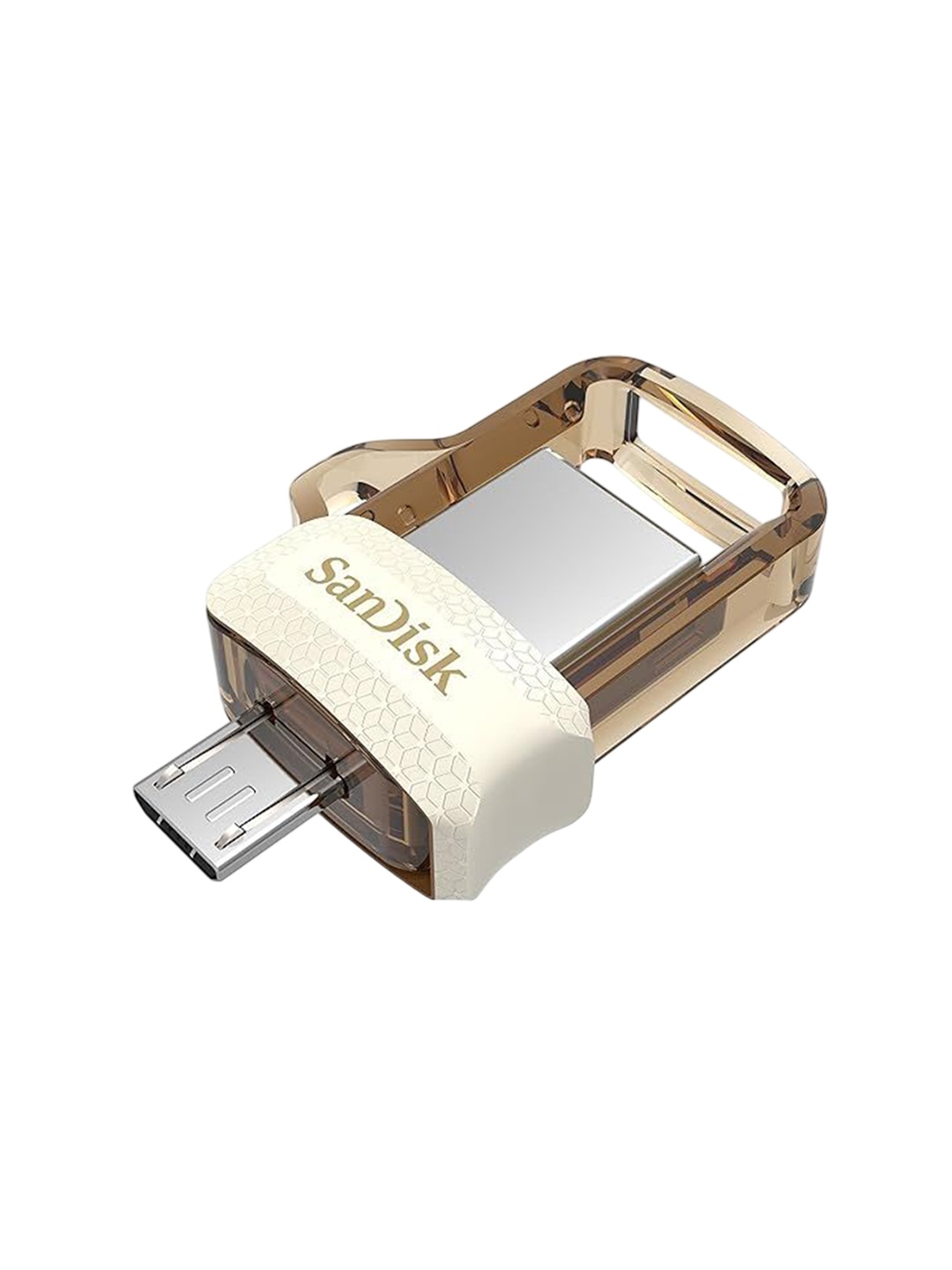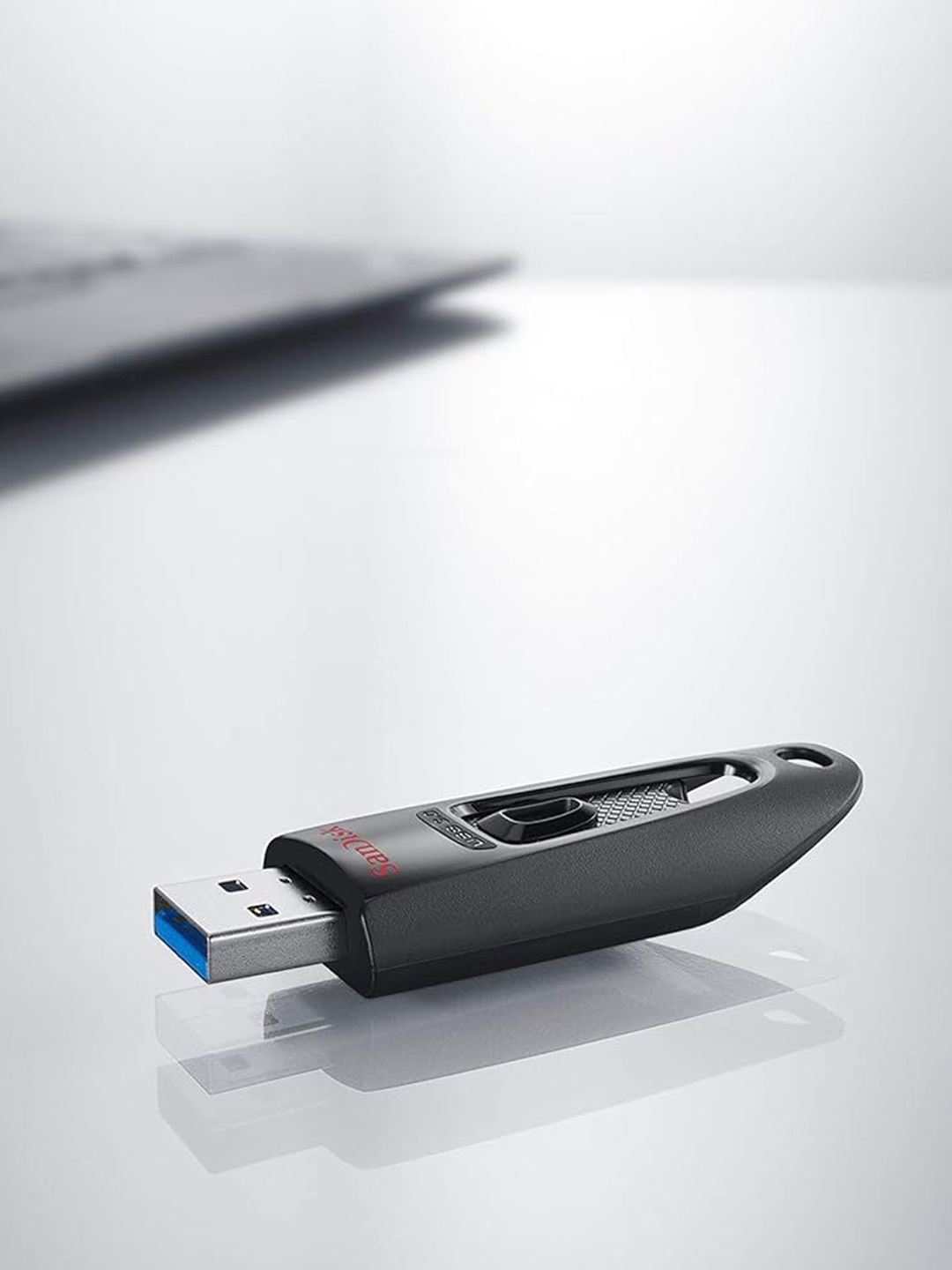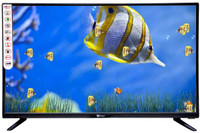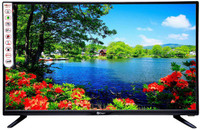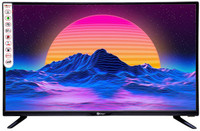National Wildlife Day 2025: Top 5 DSLR Cameras Perfect For Wildlife Photography Enthusiasts
Explore the top 5 DSLR cameras for wildlife photography this National Wildlife Day 2025 and upgrade your gear with the right choice.
How to choose the right DSLR camera for wildlife photography on National Wildlife Day 2025
Have you ever wondered how a camera can change the way you capture wildlife moments? National Wildlife Day 2025 is here, and it is a reminder of how important it is to preserve the beauty of animals and nature. Every year, National Wildlife Day is celebrated on September 4. Wildlife photography needs patience, timing, and the right gear. A good DSLR camera helps you capture details that the eye might miss and ensures your photos reflect the true essence of the scene. Many enthusiasts are looking to upgrade their cameras this season, making it the right time to explore which options suit your photography needs.

What features to look for in a DSLR camera for Wildlife Photography In 2025; Photo Credit: Pexels
When we think about upgrading our gear, the focus is not only on capturing sharper images but also on making the process more seamless. Wildlife photography demands long lenses, fast focusing, and reliable performance in different conditions. That is why choosing the right DSLR or mirrorless camera is important.
Also Read: Steady Shots On Budget: Best Camera Tripods Under ₹1000
| Product Name | Special Feature | Battery/ Warranty | User Rating | Price |
|---|---|---|---|---|
| Sony Alpha ZV-E10L 24.2 Mirrorless Vlog Camera | Real-time Eye Autofocus with 4K video recording | NP-FW50 rechargeable battery, 1-year warranty | 4.4/5 | ₹61,490 |
| Sony New Alpha ILCE-6100X | 425 phase-detection points with real-time tracking autofocus | NP-FW50 battery, 1-year warranty | 4.5/5 | ₹73,990 |
| Nikon Z50 Mirrorless Camera | 11 fps continuous shooting with 4K UHD recording | EN-EL25 rechargeable battery, 1-year warranty | 4.2/5 | ₹89,889 |
| Sony Alpha ILCE-7M3K Full-Frame 24.2MP Mirrorless Digital SLR Camera | Optical SteadyShot image stabilisation with internal zoom | 1-year warranty | 4.3/5 | ₹1,41,490 |
| Fujifilm X-T5 40MP APS-C X-Trans Sensor | In-body 5-axis image stabilisation with 40.2 MP resolution | NP-W235 rechargeable battery, 1-year warranty | 4.9/5 | ₹2,04,000 |
Top 5 DSLR Cameras For Wildlife Photography
1. Sony Alpha ZV-E10L 24.2 Mirrorless Vlog Camera
The Sony Alpha ZV-E10L offers 24.2 MP clarity, quick autofocus, and interchangeable lenses. Its compact size makes it travel-friendly for wildlife trips, and the camera delivers impressive results with moving animals and changing backgrounds.
Key Features
- 24.2 MP APS-C Exmor CMOS sensor
- Real-time eye autofocus
- Interchangeable lens system
- 4K video recording support
- Side-opening LCD screen
2. Sony New Alpha ILCE-6100X
The Sony ILCE-6100X delivers high-speed focus, continuous shooting, and strong low-light results. With a 24.2 MP sensor and advanced autofocus tracking, this camera is ideal for those who often capture birds in flight or animals in motion.
Key Features
- 24.2 MP APS-C sensor
- Real-time tracking autofocus
- 4K video with full pixel readout
- Tiltable LCD screen
- Compact, mirrorless design
3. Nikon Z50 Mirrorless Camera
The Nikon Z50 provides sharp images with its 20.9 MP sensor, making it ideal for wildlife trips. It offers smooth video shooting, a strong electronic viewfinder, and fast focusing to capture animals in motion.
Key Features
- 20.9 MP DX-format sensor
- 4K UHD video recording
- 11 fps continuous shooting
- Built-in Wi-Fi and Bluetooth
- Tilting touch screen display
4. Sony Alpha ILCE-7M3K Full-Frame 24.2MP Mirrorless Digital SLR Camera
This lens is built for wildlife photography, giving users the reach needed to capture detailed shots. It works with Sony E-Mount cameras and offers sharp results across its focal range.
Key Features
- 200–600mm focal length
- f/5.6–6.3 aperture
- Built-in optical image stabilisation
- Dust and moisture-resistant design
- Internal zoom mechanism
5. Fujifilm X-T5 40MP APS-C X-Trans Sensor
The Fujifilm X-T5 gives 40 MP image quality, making it ideal for large wildlife prints. It combines advanced colour processing with strong autofocus tracking.
Key Features
- 40.2 MP APS-C X-Trans CMOS sensor
- In-body image stabilisation
- 6.2K video capture
- Advanced film simulation modes
- Weather-sealed body
Upgrading your wildlife photography gear in 2025 can bring better speed, image quality, and overall experience. The right camera makes capturing animals and landscapes easier while keeping moments authentic. Each of the cameras listed suits different needs, whether you want portability, higher resolution, or long-distance capture. National Wildlife Day reminds us of the importance of preserving nature, and strong photography gear helps in this journey. Choosing wisely today ensures you capture tomorrow's wildlife memories with clarity. Shop now on Amazon
Frequently Asked Questions (FAQs)
1. Can DSLR cameras handle low light in wildlife photography?
Yes, many DSLR and mirrorless cameras come with sensors and lenses designed to capture sharp images even in low light, making them suitable for dawn and dusk shoots.
2. Are mirrorless cameras better for wildlife photography?
Mirrorless cameras are lighter and faster in autofocus, making them suitable for wildlife. However, DSLRs are still popular for their durability and lens availability.
3. Do I need image stabilisation in my wildlife camera?
Yes, stabilisation helps reduce shake during long zoom shots, ensuring sharper images when photographing distant subjects.
4. What is the best focal length for wildlife photography?
A lens with at least 300mm focal length is recommended, though 400mm to 600mm lenses are preferred for capturing animals from far away.
5. Can entry-level cameras work for wildlife photography?
Yes, entry-level cameras can work, but higher-end cameras with faster focus and longer lenses make wildlife photography more effective.
